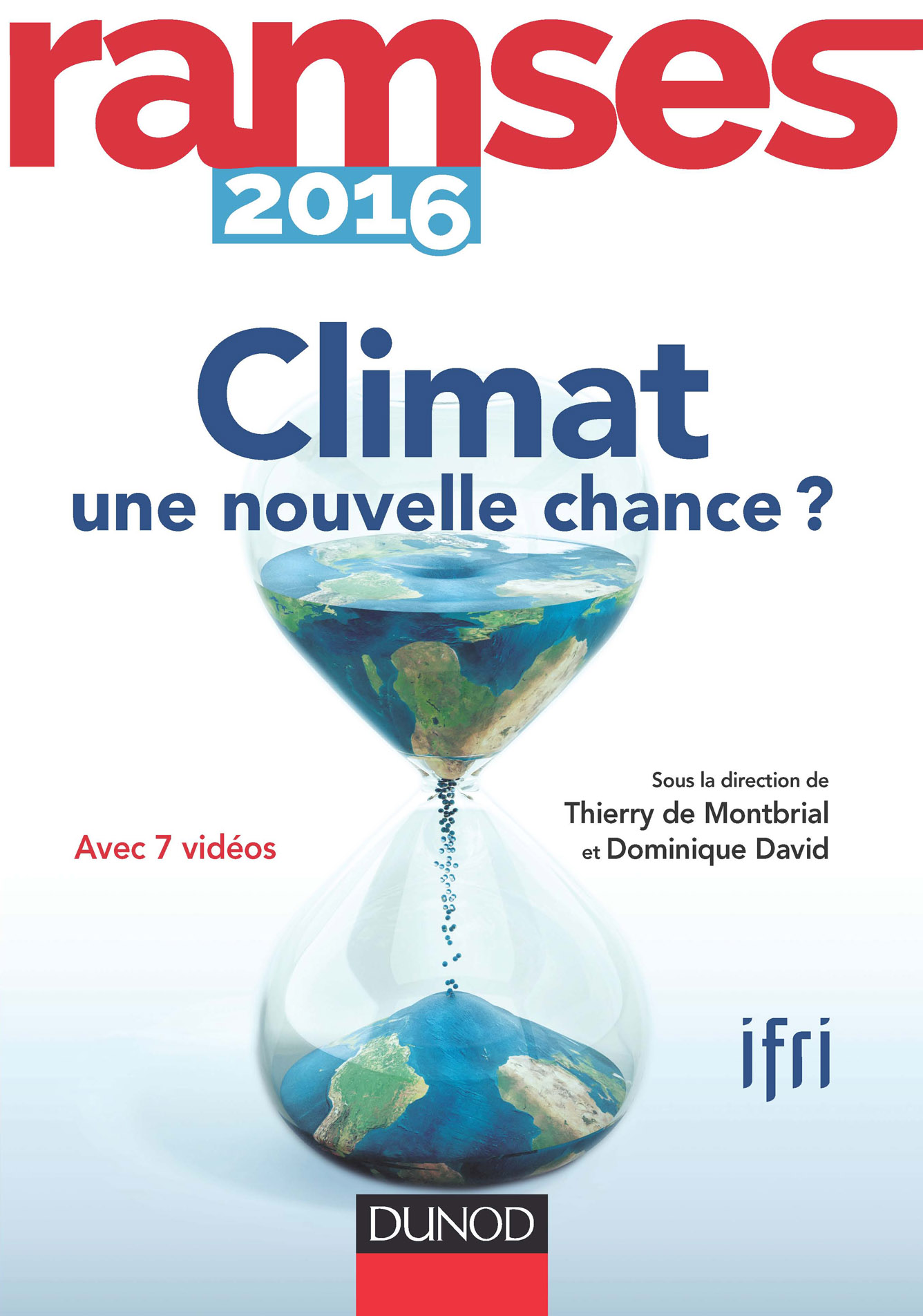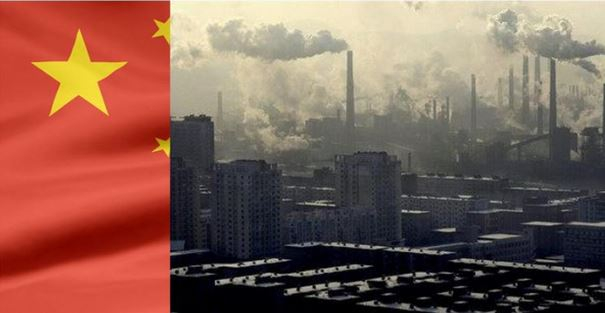India’s Approach to Climate Negotiations: From the South to the North?
India’s approach to climate negotiations results from the interplay of two distinct logics, an external one and an internal one. While the external logic is derived from quantitative attributes at the aggregate level, such as the overall size of India’s economy, the internal logic is derived from qualitative attributes at the individual level such as per person incomes and productivity. For three decades, from the early 1970s to the early 2000s, India’s internal and external logics overlapped.

The Paris Agreement. Article from "RAMSES 2016"
To avoid the pitfalls of historic divisions, climate negotiators decided to go down the self-differentiation route and leave legal matters to be resolved during the last steps of the process. The national contributions drafted by each party provide a robust basis for discussion, but we still need to ensure that these are appropriate and also monitor their implementation. The credibility of the Paris Agreement will be determined by these final procedural trade-offs.

RAMSES 2016. Climat : une nouvelle chance ?
Written by Ifri's research team and its network of associates, the new RAMSES 2016 analyses geopolitics on a worldwide scale. The major theme of this 34th edition is Climate: A new chance? In addition, RAMSES 2016 tackles the insertion of Africa in globalization and the uncertainties of democracy today in post-industrial societies, but also in the South.

Adapting to the Effects of Global Warming. Article from "RAMSES 2016"
Adaptation issues started to gain momentum from the Copenhagen conference in 2009. Up until then, international negotiations had focused on mitigation policies. However, the increase in weather events and the inadequate efforts to hold back global warming now make adaptation a key issue in discussions around the Paris agreement.
Looking Ahead to COP21: What Korea has done and what Korea should do
Korea is the world’s 14th largest economy but the 8th largest emitter of CO2 as of 2013, due largely to an energy-intensive industry structure. Although it has continuously reduced its dependency on petroleum since it introduced the Energy Master Plan in 2008, the relative portion of non-fossil fuel sources, such as renewable energy, is still marginal at best (representing less than 10 percent of the total energy portfolio). In particular, it is difficult for Korea to increase the portion of renewables for various reasons. In this context, Korea has tried to find an adequate role in fighting against climate change.


COP21: What Are the Odds for Success?
Since Copenhagen, negotiations have been in stalemate. Progress can only be made if there is a significant attempt to create a transnational carbon market.
Japan's Energy and Climate Policy: Towards Dispelling the Uncertainties
Four years after the Great East Japan Earthquake and a few months before the opening of the Paris Climate Conference, Japan is about to clarify its energy and climate policy.
China's Coming of Age on Climate Change: Just in time for Paris?
The upcoming Paris climate conference (COP21) is opening the door to a new post-2020 climate regime in which China and other large emitters will have to provide strong evidence of their domestic efforts in addressing global warming in the next century.
Road to Paris: What Would Be a Successful Outcome for COP21?
Eight months before the opening of the Paris climate conference (COP21), it can be reasonably argued that a global climate agreement is now within reach.
Support independent French research
Ifri, a foundation recognized as being of public utility, relies largely on private donors – companies and individuals – to guarantee its sustainability and intellectual independence. Through their funding, donors help maintain the Institute's position among the world's leading think tanks. By benefiting from an internationally recognized network and expertise, donors refine their understanding of geopolitical risk and its consequences on global politics and the economy. In 2024, Ifri will support more than 70 French and foreign companies and organizations.











